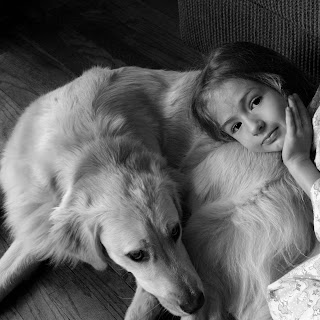(in 3 parts)
written September 6, 2008:
In attempt to help my wife out, I agreed to get up in the middle of the night in order to check on the tomato “sauce” that was cooking in the oven all day and all night. We wanted it to be “thick” so that when we made pizza later this year, the sauce did not run like water out over the crust and onto the pan. We baked that sauce – I checked on it twice during the night – and it got scorched.
So we had the necessary discussion regarding the potential benefits and inconveniences of canning one’s own food. For instance, does it really save money? This depends on how much time one invests in obtaining the vegetables, like, say, hours and hours invested in a garden. Or if one buys vegetables at a competitive Farmer’s Market, or if one lives within a network of family and friends who share crops and labor. Till one obtains all the “necessary equipment”, like, say, a large stainless steel pot in which to cook sauce down properly, and a kitchen large enough to stash the canning supplies, and room to work – by then perhaps one’s children are grown and gone. Is a half day in the kitchen making 6 half pints of relish worth about 4 dollars that you have saved?
Although canning in our time is hardly efficient, we decide, other imbedded values dust off our resolve to keep trying. Our generation is not a canning generation. Our grandparents preserved food in glass Ball jars as a way of life. Our parents canned as an option which they were largely excited about foregoing when faced with the grinning canned goods so accessible in the supermarkets. Today we can food only by a conscious effort of squeezing a few spare hours to invest in saving ourselves from being devoured by a thoughtless consumption that makes Wal-Mart possible. But it is work and it is time.
Canning food brings awareness. Spending time selecting vegetables, sorting, washing, cutting, cooking, canning and shelving; one enters a process and develops a relationship with the canned product – we commune with the earth and its fruit. Jars are reused year after year.
Tonight we rode on a horse-drawn wagon through the late-summer Pennsylvania countryside. It had rained all day – a good ground-soaking rain that eased days and weeks of parching ache. The huge black haunches of the work horses bulged and strained easily in the harness until sweat glistened in the twilight. They moved our loaded wagon easily through the rolling hills of color saturated by the sudden clearing of the rain and the evening light among the wet air. We passed through tall straight rows of corn, dark green and yellow; the brown thatch of dried summer grass; the bright green of recently sown buckwheat. Everywhere moisture and light gave visible life to the network of plant life. Faces were happy and thoughtful, at ease on this placid ride.

 "The main task for the Haiku poet," Veda explained, "is to immerse himself into the heart of an object or an incident ... and to catch the impersonal mood it shares with the universe." - Colin Westerbeck quoting Veda who wrote the essay "Basho on the Art of the Haiku: Impersonality in Poetry"
"The main task for the Haiku poet," Veda explained, "is to immerse himself into the heart of an object or an incident ... and to catch the impersonal mood it shares with the universe." - Colin Westerbeck quoting Veda who wrote the essay "Basho on the Art of the Haiku: Impersonality in Poetry"

 ... the profound perceptions of the poet can be sustained only for a few moments at most. His revelations are but a glimpse into the nature of things.
... the profound perceptions of the poet can be sustained only for a few moments at most. His revelations are but a glimpse into the nature of things.
 If you get a flash of insight into an object, ... let there not be a hair's breadth separating your mind from what you write ... never hesitate at that moment. The instantaneous quality that the composition of the poem must have makes it like leaping at a formidable enemy, ... or like biting into a pear.
If you get a flash of insight into an object, ... let there not be a hair's breadth separating your mind from what you write ... never hesitate at that moment. The instantaneous quality that the composition of the poem must have makes it like leaping at a formidable enemy, ... or like biting into a pear.































